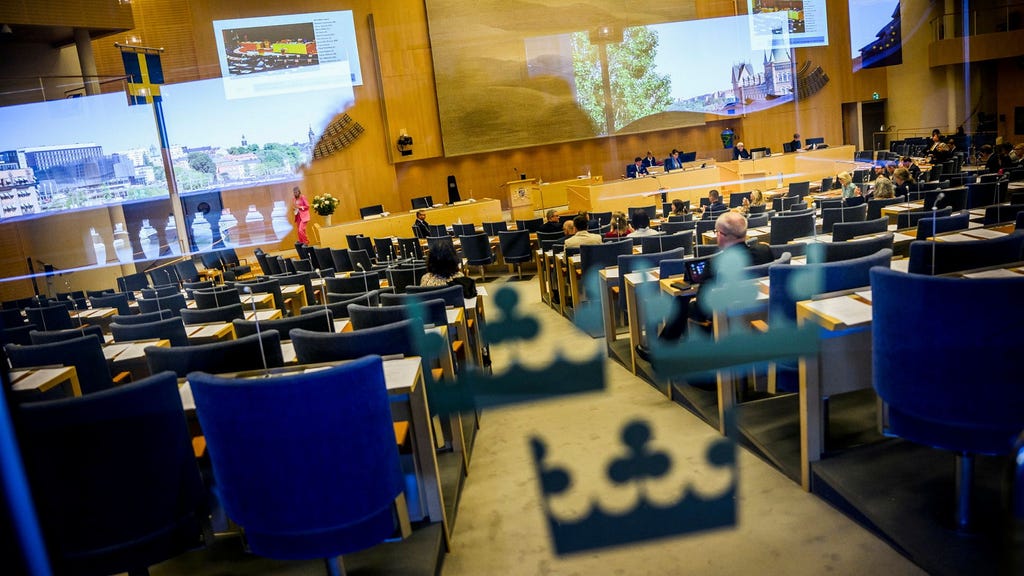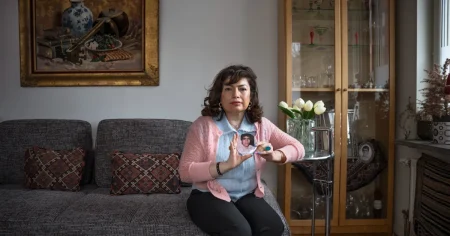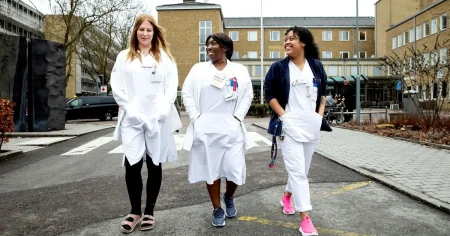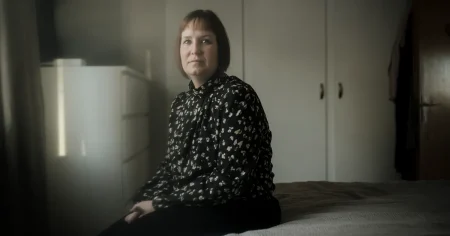Paragraph 1: The Political Landscape at Mid-Term
As the year 2024 draws to a close, Sweden finds itself past the halfway mark of its current parliamentary term. The Tidö Agreement, the foundation of the governing coalition, has seen many of its points translated into concrete proposals or even passed into law. Simultaneously, the political parties are beginning to look ahead to the next election, and the question of potential governing alliances is a growing topic of debate. This mid-term review reveals a political landscape shaped by both domestic policy developments and significant external events.
Paragraph 2: A Year Marked by Domestic and International Upheaval
The year 2024 has been a turbulent one, both domestically and internationally. Sweden’s accession to NATO, the ongoing war in Ukraine, and the conflict in Gaza have all had a profound impact on the Swedish political discourse. On the domestic front, the Social Democrats have been embroiled in a scandal involving questionable lottery sales, while the Sweden Democrats faced scrutiny over anonymous online accounts. These events have created a complex backdrop against which the political parties have maneuvered.
Paragraph 3: A Surprisingly Stable Electorate Amidst the Storm
Despite the dramatic events of the year, public opinion has remained relatively stable. Nicklas Källebring, an opinion analyst at Ipsos, suggests that the dominance of foreign policy issues over domestic concerns may have contributed to this stability. He argues that a shift in the political landscape would likely require a new, compelling domestic issue or policy proposal to capture the public’s attention and reshape their perceptions of the parties. This stability presents a challenge for parties seeking to significantly alter their standing in the polls.
Paragraph 4: The Opposition Maintains a Lead, but Faces Internal Divisions
Despite internal divisions, the opposition bloc maintains a lead over the governing Tidö coalition parties, holding a 6-point advantage in the December DN/Ipsos poll. This gap has fluctuated throughout the year, reflecting the dynamic nature of public opinion. The opposition’s lead is tempered by the precarious position of two of the Tidö parties, the Liberals and the Christian Democrats, both hovering around the 3% threshold required for parliamentary representation. This vulnerability adds an element of uncertainty to the future prospects of the governing coalition.
Paragraph 5: Winners and Losers in the Opinion Polls
The Social Democrats have experienced the most significant decline in support throughout the year, dropping from around 36% at the end of 2023 to 31% in the latest December poll. This decline has coincided with a decrease in public trust for party leader Magdalena Andersson. Källebring attributes this downturn to the negative publicity surrounding the lottery scandal and the dominance of law and order and immigration issues in the political debate, areas where the Social Democrats are perceived as less strong. Conversely, the Green Party has emerged as the year’s winner, rebounding from a prolonged period of declining support. Källebring suggests that new leadership and a successful mobilization of voters in the EU elections have contributed to this resurgence.
Paragraph 6: The Center Party’s Dilemma and the Methodology of the Poll
Caught between the left and right blocs, the Center Party faces an ongoing internal struggle over its future political direction. Despite this internal turmoil, the party has maintained relatively stable support throughout the year, polling at 6% in December. The DN/Ipsos poll, conducted between December 2nd and 16th, involved 1,647 interviews using a combination of telephone calls, SMS links to web surveys, and email/postal questionnaires. A quota sampling method was employed to ensure representativeness, and the margin of error cannot be traditionally calculated due to this methodology. The poll’s findings highlight the complex and dynamic state of Swedish politics as the country approaches the next election.














